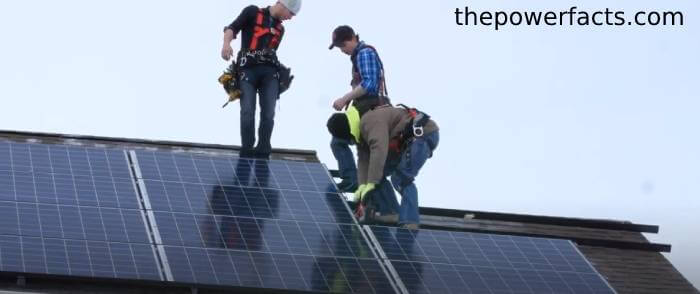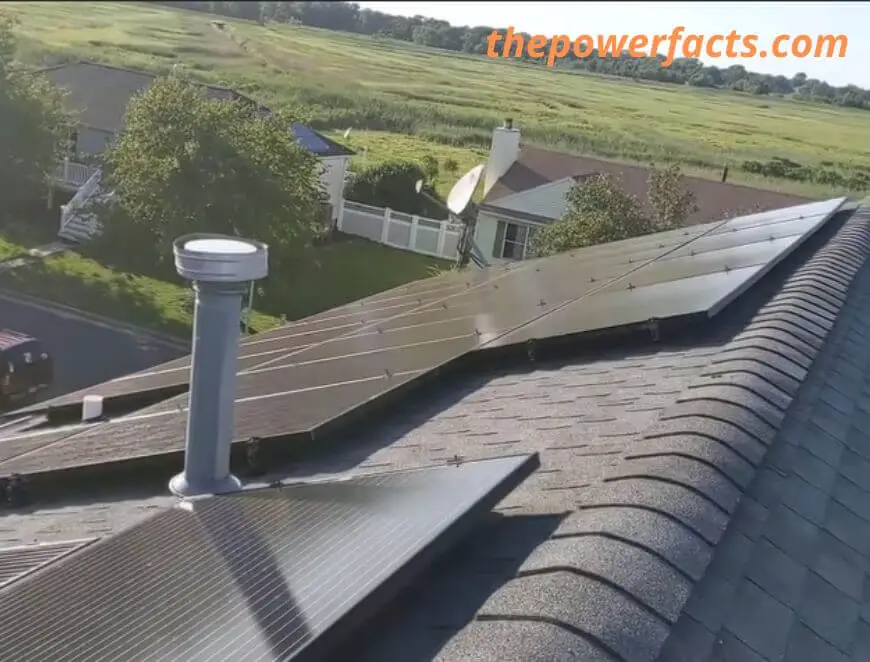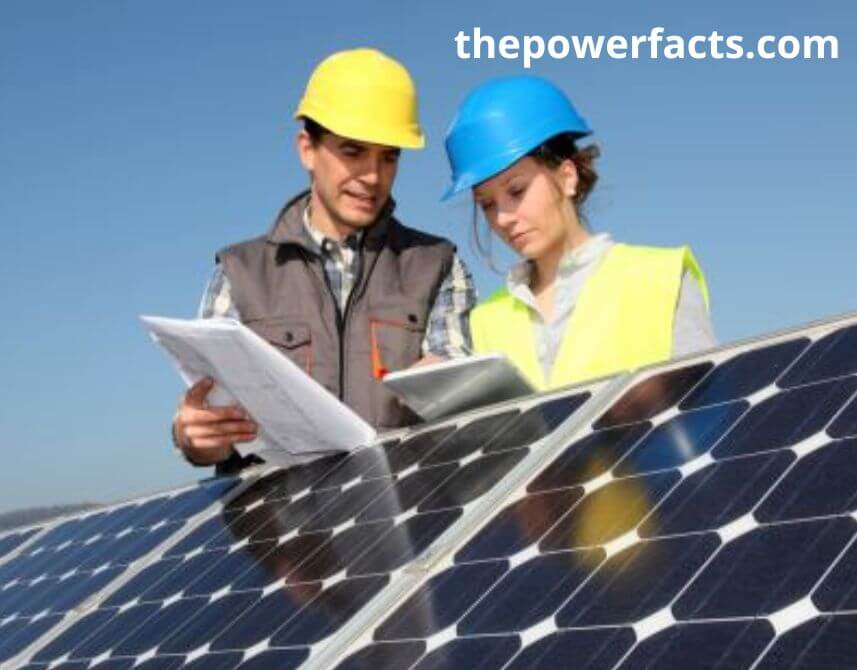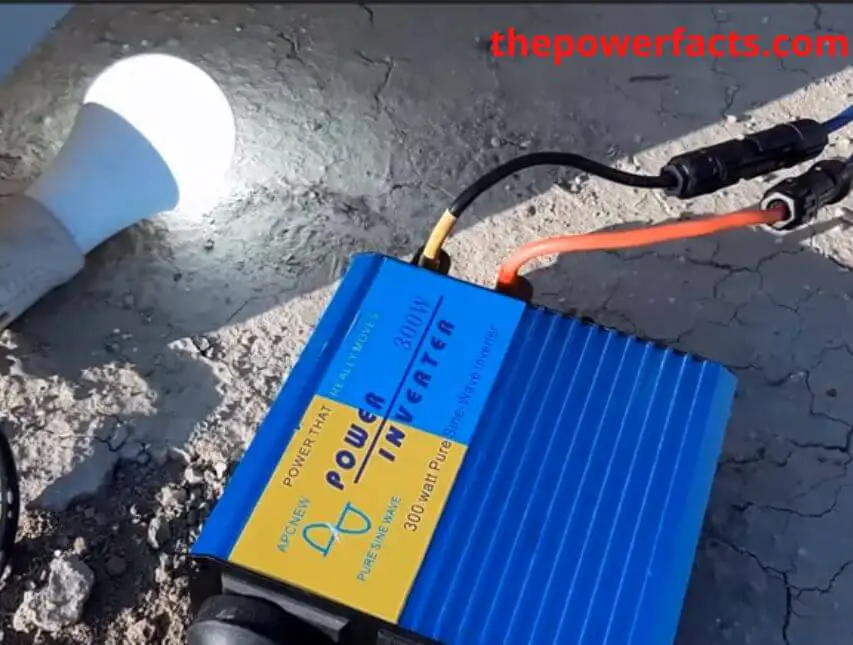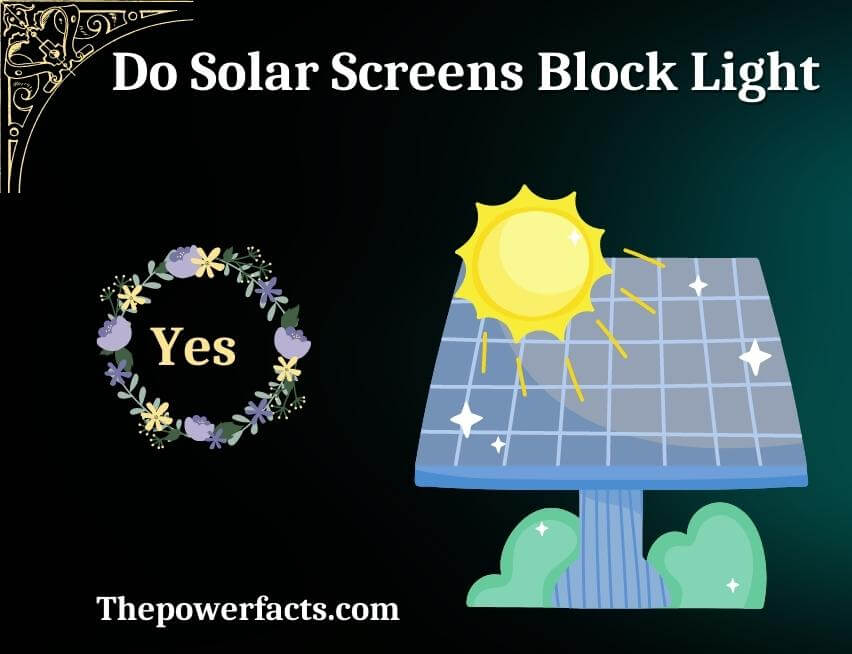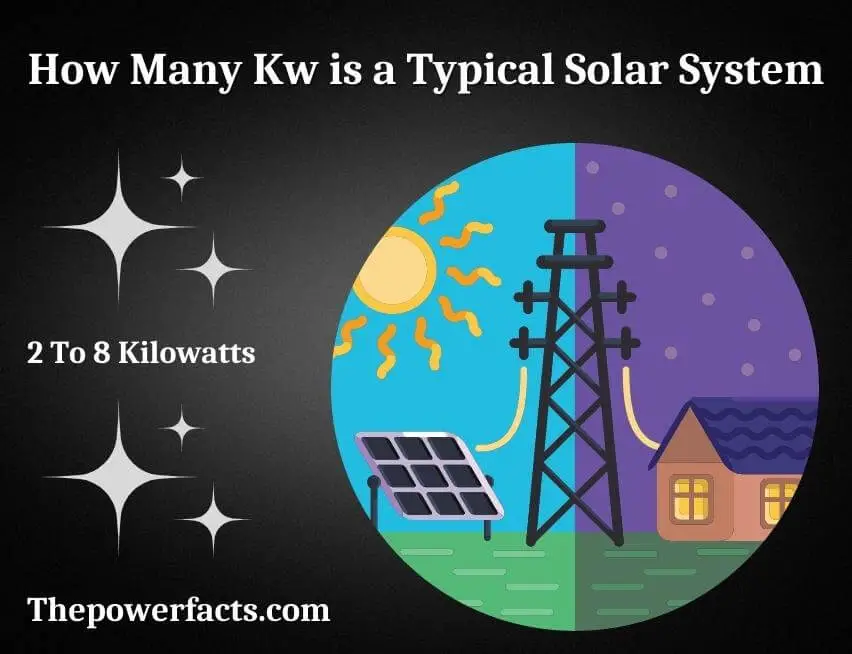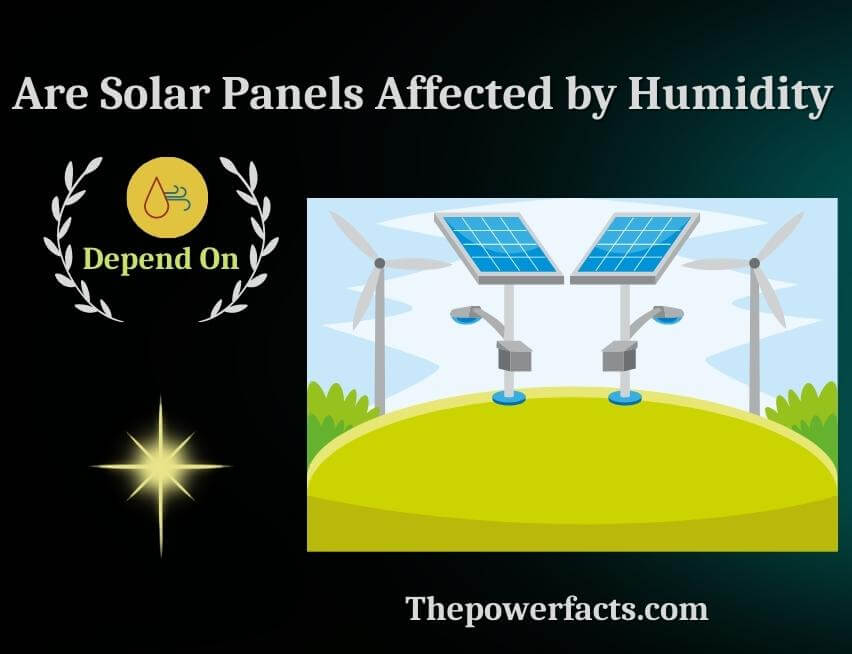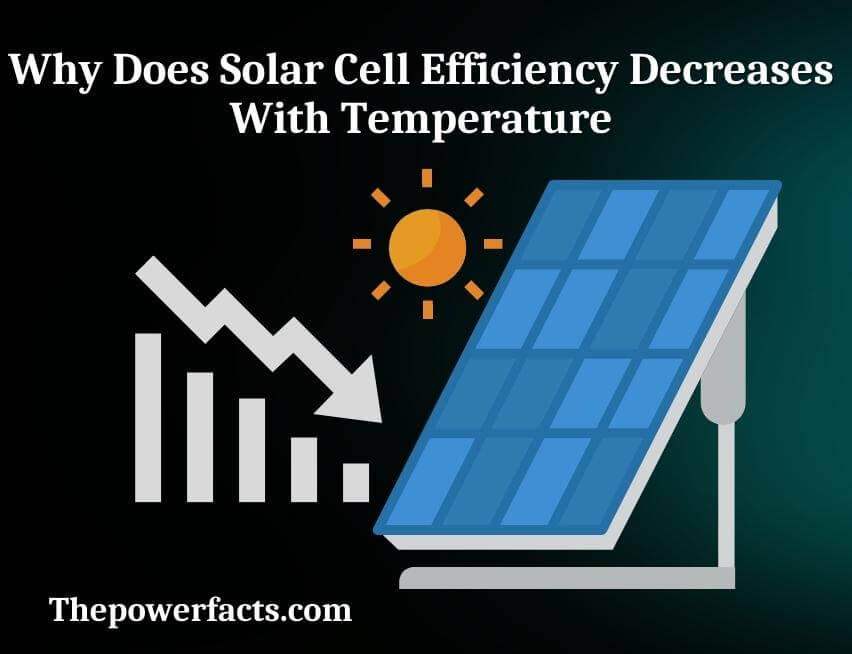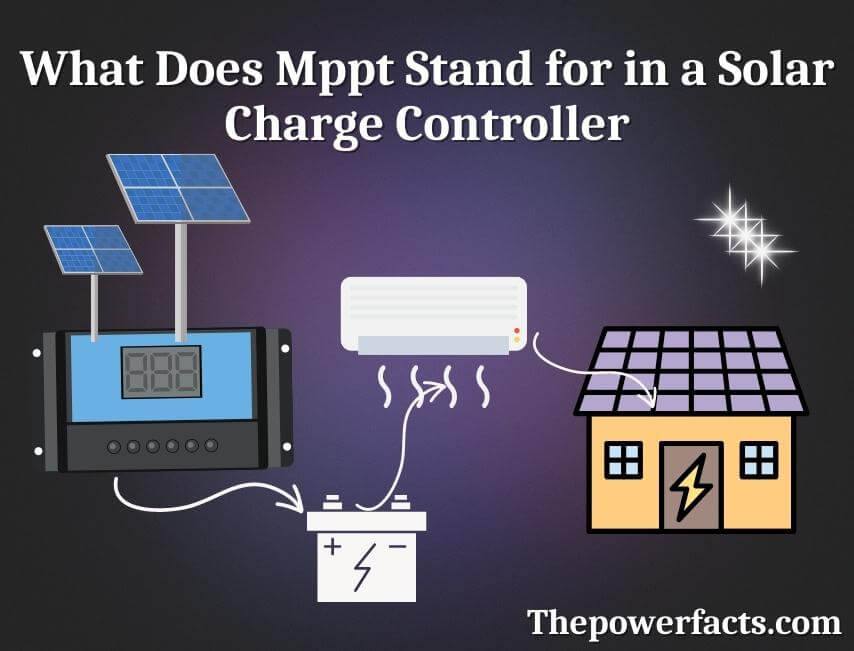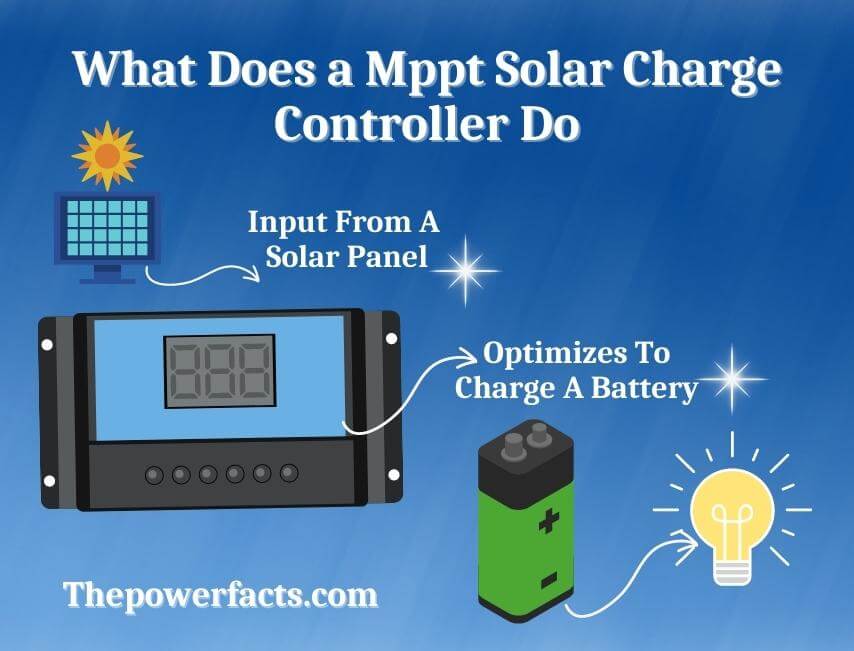How to Become a Solar Dealer (Start Your Own Company)
Are you looking for a new business opportunity? Have you considered becoming a solar dealer? Solar energy is a rapidly growing industry, and there is a great demand for solar products. Some people think that solar panel is harmful to our environment which is not completely true. As a solar dealer, you would be responsible …
